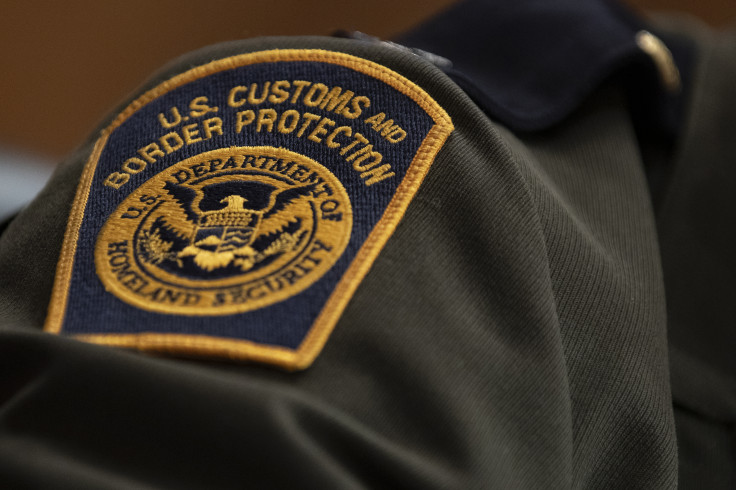
A Mexican man is facing life in prison after pleading guilty in what authorities have called "one of the largest fentanyl cases" prosecuted in the Southern District of Texas.
Juan Jesus Orozco-Vargas, 38, admitted to attempting to distribute more than 1.4 million fentanyl pills. According to authorities, the drugs were hidden within pallets of limes.
On April 5, a tractor-trailer containing 24 pallets of limes crossed into Texas from Mexico through the Pharr Port of Entry before arriving at a warehouse in McAllen, where Orozco-Vargas was waiting to supervise the transfer of the pallets.
Everything was going according to plan until a pallet broke, causing pink and blue fentanyl pills stamped "M30" to spill onto the floor. Orozco-Vargas attempted to flee, but law enforcement quickly apprehended him, said U.S. Attorney Alamdar S. Hamdani in a press release.
Orozco-Vargas admitted he was going to be paid for supervising the pallets and moving the ones containing fentanyl pills to the side so they could be transported from the warehouse.
After examining the pallets, authorities discovered they concealed approximately 1.4 million fentanyl pills, making the seizure one of the largest prosecuted fentanyl cases in the Southern District of Texas.
"Removing these deadly pills from the streets of American cities, especially streets that are a few miles away from Mexico, will only save countless lives," said Hamdani.
U.S. District Judge Tipton will impose sentencing on Feb. 4, 2025. Orozco faces up to life in federal prison and a possible $10 million maximum fine.
The prosecution happens amid a drop in fatal overdoses nationwide.
Per the latest data from the U.S. Centers for Disease Control and Prevention (CDC), fatal overdoses are down 12.7%. "This is the largest recorded reduction in overdose deaths and the sixth consecutive month of reported decreases," White House officials said in a statement.
Rahul Gupta, White House director of national drug control policy, attributed the drop in overdose deaths to "historic levels of funding to help crack down on illicit drug trafficking at the border," according to NPR.
Scientists who study the street drug supply, cited by NPR, suggested there has been a "notable drop" in the availability of fentanyl on U.S. streets.
On Oct. 17, acting Commissioner of Customs and Border Protection (CBP) Troy Miller noted that during the last two years, the agency has seized more than 50,000 pounds of fentanyl, an amount capable of producing over two million lethal doses.
"All this matters because what happens at the border impacts communities across the nation, but the most important statistic is that opioid-related overdoses decreased last year," Miller told Newsweek.
© 2025 Latin Times. All rights reserved. Do not reproduce without permission.






